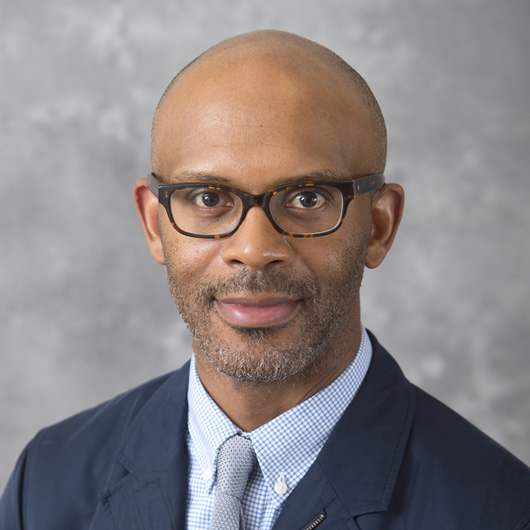Helping scholars stay in STEM

Northwestern, in tandem with New York University and the University of Pennsylvania, has been awarded a grant by the National Science Foundation to develop a program that will assist historically underrepresented doctoral students, postdoctoral scholars, and early career faculty in building and maintaining pathways to success in science, technology, engineering, and math (STEM) fields. The $100,000 grant will fund the two-year development of the Critical STEM Faculty Alliance (C-STEM). School of Communication professors Rayvon Fouché and AJ Christian, both of the Department of Communication Studies, will lead the Northwestern team.
“How do we create better pathways for marginalized communities to stay within the system of higher education?” says Fouché, who is SoC’s associate dean for graduate education and holds a joint appointment with the Medill School of Journalism, Media, Integrated Marketing Communications. “There's been a lot of research about how to get people into the pathway, but there has been much less research about how to keep people in.”
Fouché explains that often scholars from underrepresented backgrounds are “one of one” in their departments and lack sustainable and supportive networks that are “institutionally situated” and helpful as they progress in their career.
“Part of this project is to study and develop methods, approaches, and techniques that are rigorous and methodologically sound to help students (and early career faculty) progress,” he adds. “Because the attrition rate of students of color and difference at the college and graduate level is much higher than other students.”
The first stage with this planning grant is for the researchers to audit their home institutions—three universities that have traditionally been very attractive to students of color and difference. As the research progresses and mentoring programs are developed and tested, the C-STEM alliance will be eligible for larger implementation grants.
“The goal is to have the National Science Foundation help us build a robust system and network to make an institutionalized support system happen,” Fouché says.
